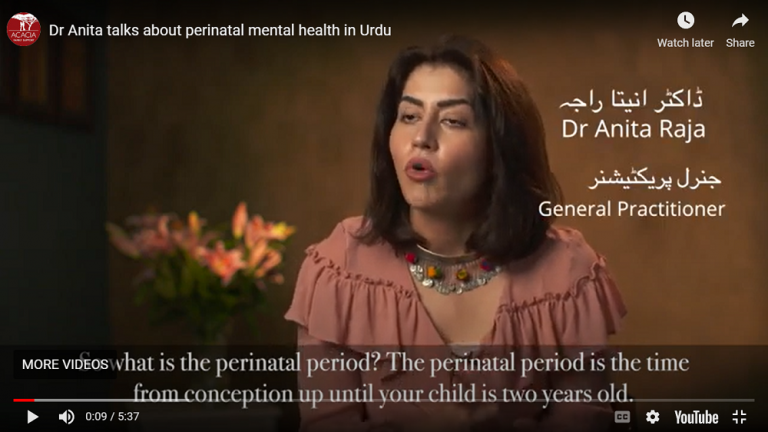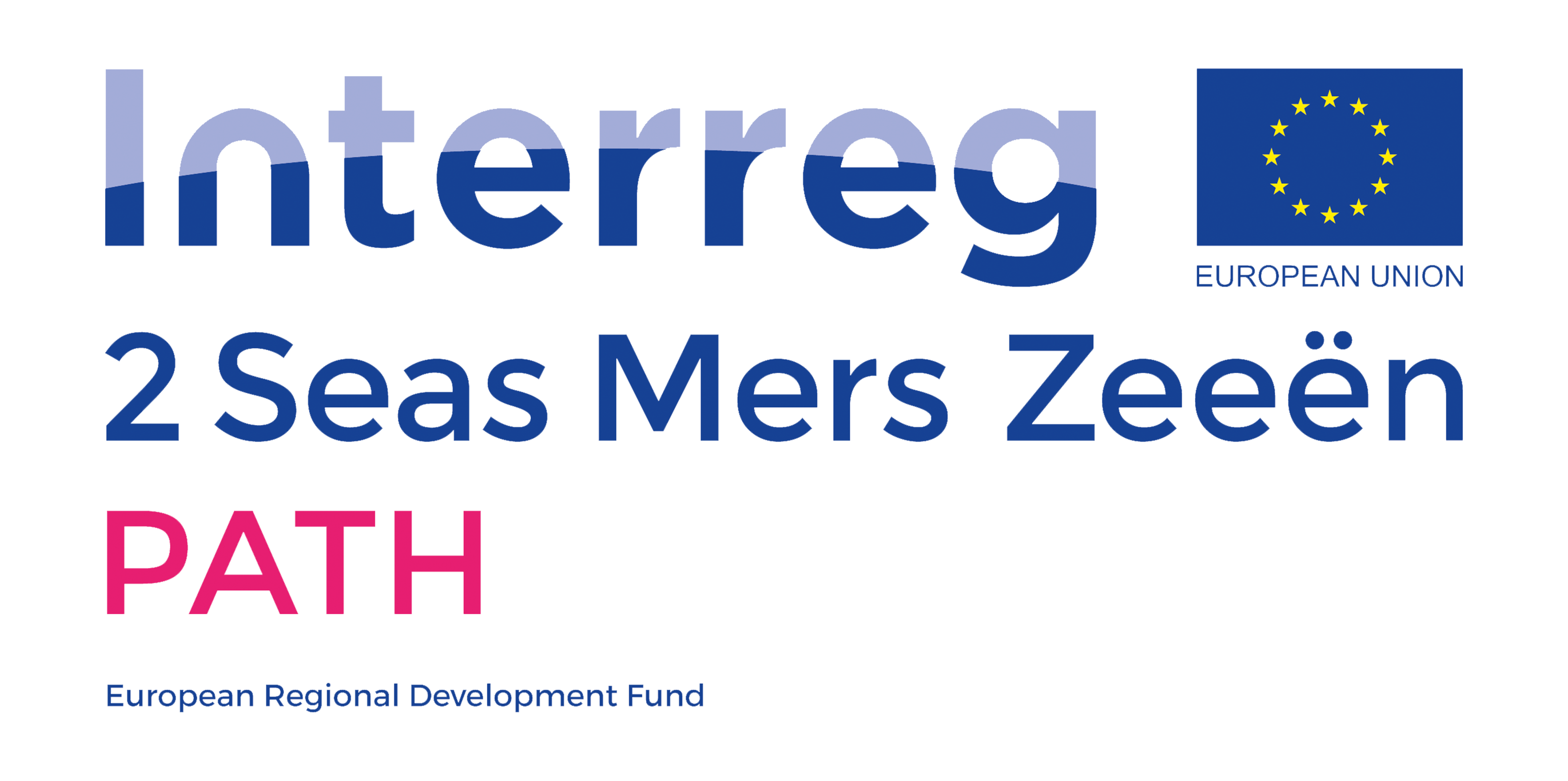Postnatal depression affects women from all cultures and countries and may present or be expressed differently in different populations. Studies on explanatory models of depression in low income countries have shown that women gave expressions to their problems primarily through somatic (physical) complaints.
The MBRRACE data shows that women from Black African and African-Caribbean backgrounds are almost five times more likely to die as a result of childbirth compared to White British women.
A study looking at access and utilisation of mental health services shows that Black African, Asian and White women from Other backgrounds had significantly lower access to community mental health services and higher percentages of involuntary admissions than White British women.
Lack of awareness about mental ill health, cultural expectations, ongoing stigma, culturally insensitive and fragmented health services and interactions with culturally incompetent and dismissive health providers all impact on ethnic minority women’s ability to receive adequate perinatal mental health support in the UK.
Tailored services, use of interpreters, providing patient information in range of languages and diversity training for staff to improve cultural competence can significantly enhance access and patient experience for these marginalised groups.
Barriers to accessing care can occur at many levels- individual (e.g. stigma, poor awareness), organisational (e.g. resource inadequacies, service fragmentation), sociocultural (e.g. language/cultural barriers) and structural (e.g. unclear policy) levels
There are gaps within the evidence reviewed in terms of the experiences of Gypsy, Roma and Traveller communities; the Chinese community; and the different ethnic groups amongst the Eastern European apart from Polish, which includes Slovak, Czech and Romanian ethnic groups.
For more information, please refer to NICE Guidelines CG110: Pregnant women who are recent migrants, asylum seekers or refugees, or who have difficulty reading or speaking English.
Jankovic et al Differences in access and utilisation of mental health services in the perinatal period for women from ethnic minorities—a population-based study, BMC Medicine 2020
National perinatal mental health project report – Perinatal Mental Health of Black and Minority Ethnic Women: A Review of Current Provision in England, Scotland and Wales, 2010
Watson H, Harrop D, Walton E et al. A systematic review of ethnic minority women’s experiences of perinatal mental health conditions and services in Europe. PLoS ONE. 2019.
Doctors of the World Charity offering healthcare to those living in the UK who are not eligible for NHS treatment.
Refugee Council offering advocacy, interpretation and funding to refugees and asylum seekers.
Multilingual films:
Acacia has produced a series of short multilingual multilingual films on perinatal mental health that can be accessed here

